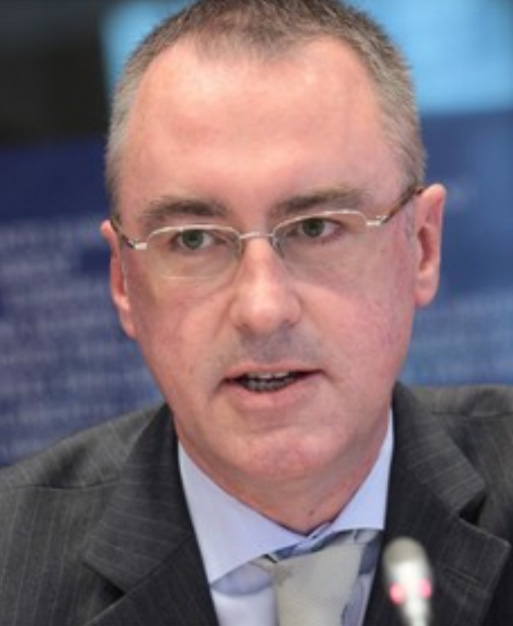European Commission helping to provide urgent medical assistance to Ukraine

date: 15/03/2022
What are the most pressing needs?
The Ukrainian authorities have established updated needs assessments, and Member States receiving displaced persons and Moldova have done likewise. The items listed include medicines, medical supplies, first aid kits, antiseptics, shelters and tents, containers, heating and power generators. Oxygen supplies are urgently needed for emergency care, including treating COVID-19 patients. Blood supplies and continued care for people with medical issues or who are injured or suffer burns as a result of this conflict are also needed. The mental health challenges, too, must be considered and will only increase as the crisis develops.
Hospitals have also been targeted, and have suffered damages and power outages. Ambulances are not guaranteed safe passage. Health workers and patients may be unable to reach care facilities because they are seeking shelter or trying to leave the country.
Ukraine’s health services had already been burdened by the ongoing pandemic. As of end February, only 34.5% of the Ukrainian population had been fully vaccinated against COVID-19, raising fears that crowded and unstable conditions may prolong the pandemic.
There is also concern about other communicable diseases. The risk of poliomyelitis particularly for children <6 years of age should be considered, primarily due to the insufficient level of vaccination coverage, which varies depending on age group and region of the country; ranging from about 60% to 99%. Overall vaccination coverage for polio in the total population was 80% in 2021. A national vaccination campaign started on 01 February 2022 but was disrupted by the current crisis. Ukraine also has a very high rate of HIV/AIDS, and an estimated 250,000 HIV-positive people there are at risk of running out of the antiretroviral therapy they need to survive.
The impact of this crisis on public health is clearly devastating and likely to have repercussions for years to come.
How has DG SANTE been coordinating efforts with Member States?
DG SANTE is working with health ministries through the EU Health Security Committee, which has been meeting regularly to analyse the situation and identify how to best provide support. Member States have already committed to assisting Ukraine, offering emergency goods such as shelter equipment, medicines, medical devices, medical protective equipment, blood products and ambulances. Member States are also deploying medical teams and have offered to treat injured Ukrainian patients in their hospitals. We also encouraged them to send oxygen supplies and zeolite, a component used to produce oxygen.
The Health Security Committee established the available EU capacity for hospital and intensive care unit beds, surgical capacities and for treatment of burns, and checked the modalities of transporting emergency patients to the respective Member States.
The Health Security Committee is also addressing how to provide continuity of care for people arriving in EU/EEA/Moldova from Ukraine. The ECDC is providing risk assessments, which will obviously be updated in real time.
Has DG SANTE also been working with health professionals, NGOS or others associations?
SANTE is coordinating efforts with Non-Governmental Organisations (NGOs) and health professionals and patients associations, the European Reference Networks, blood networks, and mental health organisations to mobilise resources and to help both patients in Ukraine and people coming into the EU from Ukraine.
How has DG SANTE been working with other EU agencies?
We are working closely with all Commission services and agencies, including the European Centre for Disease Prevention and Control (ECDC), which is supporting EU Member States neighbouring Ukraine and Moldova in managing displaced persons and providing support and guidance on COVID-19 and other communicable diseases.
With the European Medicines Agency (EMA), we are monitoring the possible impact on the supply of medicinal products in the EU. EMA is working with the SPOC network (single point of contacts in Member States for shortages management) to collect information on potential disruptions and on products at risk, and both SANTE and EMA are following up on this.
We are also actively working to facilitate the transfer of blood, as well as blood bags, while ensuring their safety.
In what other ways is the EC providing assistance?
As well as addressing urgent public health needs, the EU is responding in a myriad of other ways, including from the political side, from pledging 500 million in humanitarian aid to imposing sanctions and supporting Ukraine in ensuring a stable, prosperous and democratic future for its citizens. Updates and more information can be found on the Commission’s dedicated webpage, ‘EU solidarity with Ukraine’
